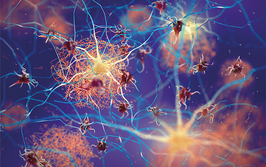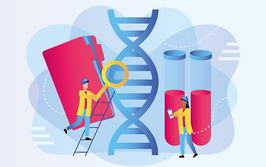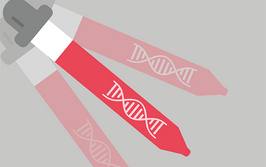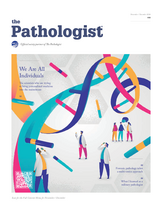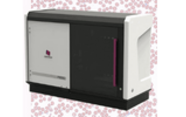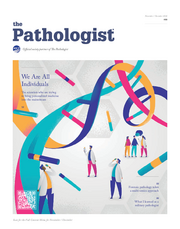Increased DNA Yield from FFPE Samples Purified Using the Ionic® System Reduces PCR Duplicates in NGS

contributed by Purigen |
Overview
FFPE tissue samples are known to produce low yields of nucleic acid that is often of a lower quality by comparison to nucleic acid from freshfrozen tissue, particularly samples that have been stored for several years or longer. When FFPE tissue is limited, conventional extraction and purification technologies may not produce enough high-quality DNA to meet the recommended library preparation input requirements for next-generation sequencing (NGS). To compensate for this, most library preparation methods use additional PCR cycles to create enough copies of the original DNA. This results in a higher number of PCR duplicates that reduce sequencing efficiency. Improving the quality and quantity of DNA extracted and purified from FFPE samples can greatly improve sequencing results and interpretation by reducing the number of PCR cycles needed during library preparation yielding more usable high-quality sequencing reads.
Log in or register to read this article in full and gain access to The Pathologist’s entire content archive. It’s FREE!

